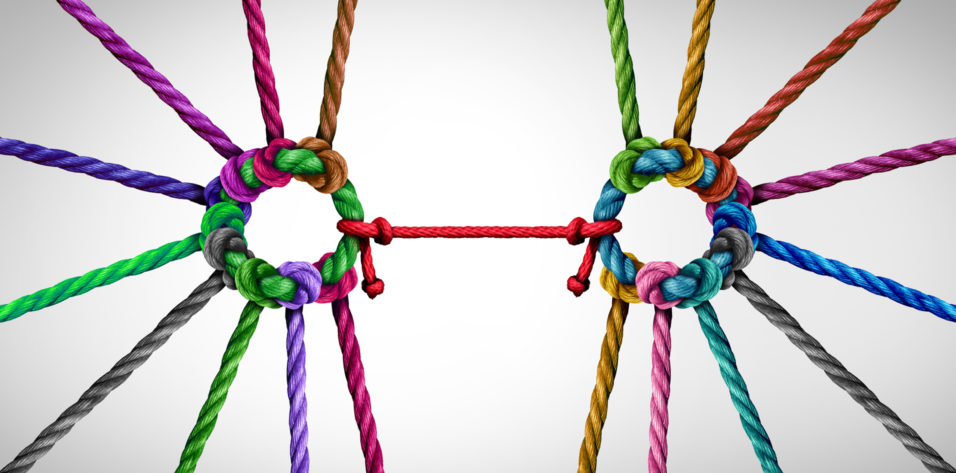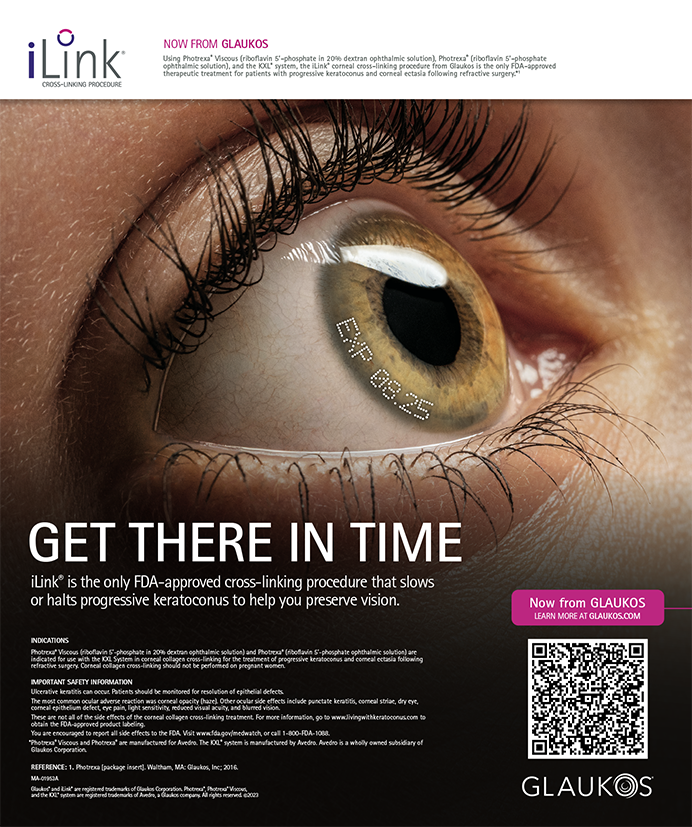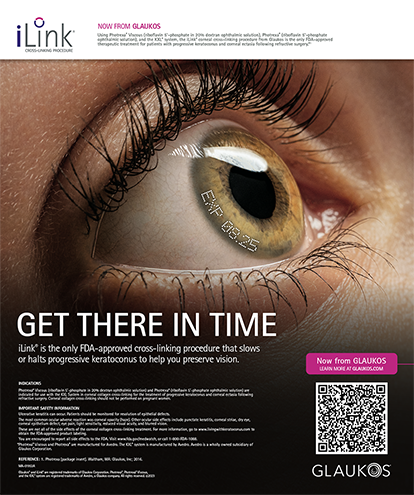
“The trust we have in people and in organizations comes, in part, from believing that they do care.”
“Unless you’re continually improving your skills, you’re quickly becoming irrelevant.”
“By behaving in ways that build trust with one, you build trust with many.”
—Stephen M. R. Covey, The Speed of Trust: The One Thing That Changes Everything1
Many of us have returned to attending meetings in person after a lengthy moratorium due to the COVID-19 pandemic. For some, the AAO Annual Meeting in New Orleans in November was the first chance to network and collaborate live since early 2020. It also presented an opportunity to reflect on how our relationships have changed, what has been missing from them, and why they are so important.
We are more connected now than ever before. Our ability to interact with, share ideas with, and learn from each other globally and virtually provides a hyperspeed boost to connectivity. This has been especially useful when facing various travel restrictions over the past almost 2 years. Every global and virtual interaction creates an invisible connection—like a web of fine silk threads—that becomes stronger with each shared experience or collaborative effort. This web acts as a highspeed conduit of information, thoughts, ideas, and inspiration that accelerates the advancement of ophthalmology around the world.
I imagine these networks as nearly invisible threads that become thicker, stronger, and faster as we share more information, develop more trust, and connect in more meaningful ways. Networking in person, sharing our lives on social media, and solving problems collectively all build trust and stronger relationships. By sharing our challenges and vulnerabilities in life and medicine, we create a safe space for others.
Surgical complications sessions at meetings and CRST content such as the articles featured in this issue are popular because they create a safe environment for education around topics that involve extreme stress and uncertainty. Hearing about the experiences of others and gaining insight into their thought processes when solving problems during complex cases provides a storehouse of tips and tricks for surgeons to use when they encounter similar situations. Discussing complications management also encourages others to share their own challenging cases—it’s a win for all parties.
In his book The Speed of Trust: The One Thing That Changes Everything, Stephen M. R. Covey states: “Nothing is as fast as the speed of trust. Nothing is as fulfilling as a relationship of trust. Nothing is as inspiring as an offering of trust. Nothing is as profitable as the economics of trust. Nothing has more influence than a reputation of trust.”1 Trust allows more open collaboration and sharing of ideas. It provides a safety net and a solid platform for accelerated innovation rather than independent reinvention of the wheel. Trust allows people to be there for each other in more meaningful ways, including on a personal level. This is an important benefit. Being there for one another is especially crucial in high-stress environments such as medicine where burnout rates are soaring. Young doctors are leading the way when it comes to sharing personal stories, challenges, and triumphs. This network of sharing deepens the connections they have with each other and their mentors across different career phases, fortifying the web of connection—or circle of trust.
In-person meetings play a vital role in building a stronger safety net and a solid platform for growth. They allow the exchange of information to occur on personal, individual, and small-group levels. Virtual meetings are efficient, and they have served an important role during the pandemic and helped expand global networking. They also lack a human element that can be found only through face-to-face communication.
Seeing each other in person and virtually and keeping up to date with great content in publications such as CRST strengthen our bonds, help us learn from each other, and allow us to innovate even more quickly than before.
Cathleen M. McCabe, MD | Chief Medical Editor
1. Covey SMR. The Speed of Trust: The One Thing That Changes Everything. Simon & Schuster; 2008.




